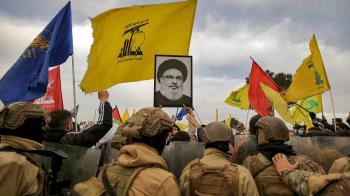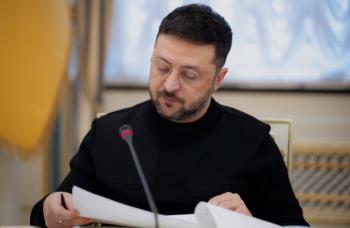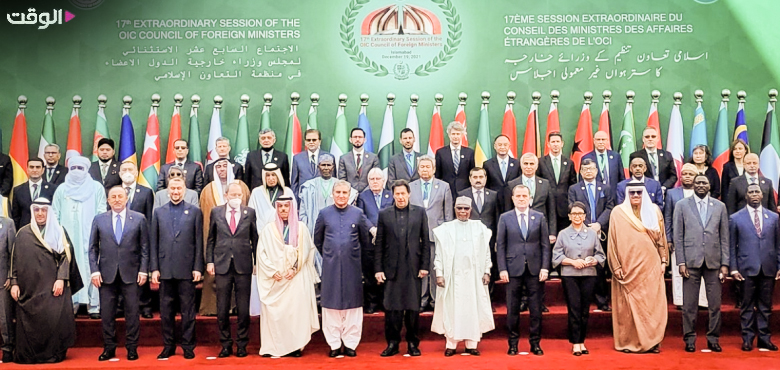Alwaght- The Organization for Islamic Cooperation (OIC) held an extraordinary session in the Pakistani capital Islamabad, discussing Afghanistan's political instability that followed the foreign exit and the Taliban takeover and deteriorating conditions that have caused a desperate need to check crisis in the Central Asian country.
The extraordinary meeting was held at the suggestion of Saudi Arabia, the organization's current chair, and was attended by foreign ministers and observers from the member states. Special guests from the United Nations, international financial institutions, and some non-member countries like the US, Britain, France, China, Russia, Germany, Italy, and Japan, as well as the European Union also joined in.
Extraordinary meetings of the member countries of the Organization of Islamic Cooperation are held in accordance with the important international developments, especially in relation to the Islamic world, at the request of the members and with the approval of the majority. Interestingly, the first extraordinary meeting of the OIC Council of Foreign Ministers was held in January 1980 in Islamabad to review the situation in Afghanistan.
Here are two questions: How can OIC meeting facilitate countering the crisis and instability in Afghanistan? Can such results be expected given the composition of the participants?
Priority of humanitarian aids
Afghanistan now needs humanitarian aids quickly and consistently, and this was a top priority of the OIC summit. Indeed, taking serious and operational decisions in this regard will accentuate organization's role in Afghanistan developments.
About 80 percent of the former Afghan government's budget was funded by international development programs. This assistance to government has been largely suspended since Taliban seized the power in August. According to the United Nations Office for the Coordination of Humanitarian Affairs (UNOCHA), about $1.6 billion has been provided to Afghanistan so far this year.
World Bank says international donors have also agreed to transfer $280 million from a frozen fund to food and health services in Afghanistan. But the budget remains a challenge, according to UNOCHA, which estimates another $4.5 billion is needed next year. World Food Program (WFP) says the situation in Afghanistan could become the worst humanitarian crisis in the world.
About 23 million people, most of the country's population, face severe food shortages during the winter months. Humanitarian organizations say that the current supply and services sent hardly meet the requirements.
On the other hand, the major challenge in distributing aid inside Afghanistan remains tremendous. With the onset of winter, in which heavy snow in mountainous areas makes road and air access impossible, relief organizations are facing a major challenge in providing food and shelter for people.
At the OIC foreign ministers' meeting, Hussein Ibrahim Taha, the bloc's secretary-general, stressed that given the growing humanitarian challenges facing the Afghan people, the organization's role in providing humanitarian assistance is more urgent than ever. The role of the OIC mission in Kabul and providing financial, human, and logistical resources for it so that it can take full responsibility for coordinating humanitarian operations in support of the Afghan people is crucial, he added. He also called on member states and organizations to provide humanitarian assistance.
Taha also announced the appointment of the Assistant Secretary General for Humanitarian, Cultural and Social Affairs. He appointed Tariq Ali Bakhit as his Special Envoy for Afghanistan to follow up on the implementation of meeting resolution, in particular to coordinate efforts to provide humanitarian assistance to the people. The special envoy will coordinate the delivery of humanitarian aid and support and will be responsible for pursuing economic and political engagement with Afghanistan.
As one of Afghanistan's neighbors, Iran has played an active role in advancing humanitarian affairs in Afghanistan by accepting large numbers of Afghan refugees and asylum seekers. The OIC, using the precious Iranian experiences and also helping the Islamic Republic with the expenses of the refugee admission, can deliver a better performance.
Taliban and the opportunity provided by Islamabad meeting
From a political angle, the Taliban and also the Pakistani leaders tried to draw on the opportunity caused by the OIC meeting to negotiate recognition of the Taliban government by the Muslim world.
The Taliban government has not been recognized by any country yet, and this has become a challenge for the leaders of the new Islamic Emirate. The international community ties the recognition to formation of an inclusive government and respect to the rights of women, as well as religious and lingual minorities in the future government.
Another international concern, which seems to be a top US goal for its sudden withdrawal, is Afghanistan becoming a hotbed of terrorism and security threats in Central Asia. Sending its interim foreign minister, the Taliban sought to offer assurances to the international community about future of the country.
Amir Khan Muttaqi in a statement at a closed-door meeting, assured that Taliban government will do more to guarantee inclusiveness and human rights situation boost, including the rights of women, in future government.
"As a member of a bigger family, we are ready to listen to and accept all the requests, concerns and recommendations of Islamic countries regarding Afghanistan, which can lead to a correct and just roadmap and get us out of the current crisis," part of his statement read. The top diplomat, conveying counterterror guarantees by his government, asserted that Kabul would not allow attacks on other countries from Afghanistan soil.



























